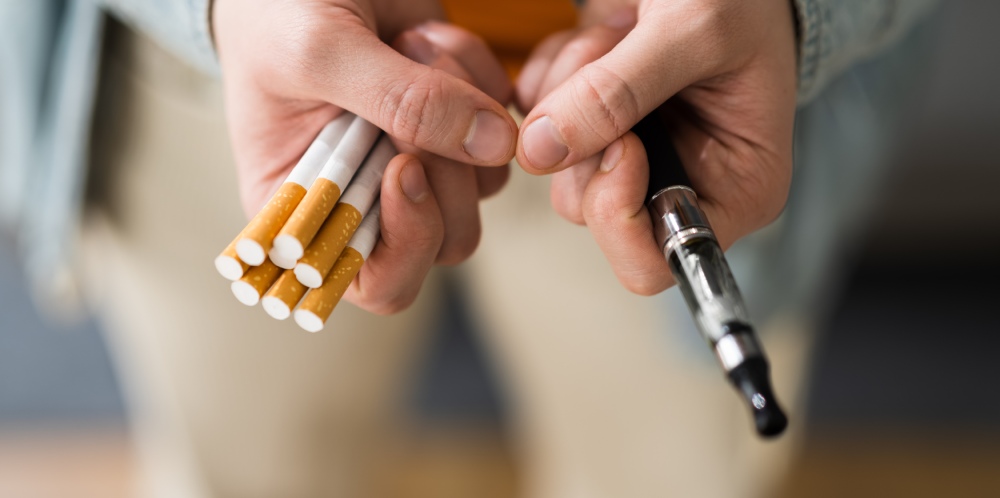Teeth Whitening at Dental World Clinic
Disclaimer: Not medical or professional advice. Always seek the advice of your physician.

Are you dreaming of a brighter, whiter smile? Teeth whitening offered by our office can make your dream come true. The procedure is simple and won’t bother you at all. Unlike teeth-whitening kits sold at every mall, the materials we use have proven to have an outstanding and long-lasting whitening effect.
We found out that teeth whitening results achieved by strong light or laser WON’T last for long. Moreover, they can increase sensitivity in your teeth and the initial color you wanted to get rid of will return quite fast.
Here’s How Our Whitening Works
After making molds of your mouth, we create teeth whitening trays tailored specifically to you. Then we provide you with a whitening gel made by the acclaimed dental companies like Philips’ Nite White.
You apply the gel inside the trays and put them into your mouth for several hours a day (or night – they are comfortable enough to let you sleep). You will notice a difference after the first time. The more applications you do, the whiter your teeth will become. You can control the whitening effect and stop when you feel they’re white enough. Unless you smoke cigarettes, drink red wine or too much coffee and tea, your teeth will remain white for years. Otherwise, you will need to repeat the application. The good news is you can keep your trays and re-whiten teeth whenever you want. It’s super-easy! You can’t imagine how fast you can get yourself a new, shining smile.
Our office is based in Marietta, Georgia. Schedule a consultation right now if you can’t wait to bring back your perfectly white smile with the help of teeth whitening.
How to Maintain the Result of Teeth Whitening

If you want to extend your teeth whitening results, you need to follow the post-whitening care recommendations by your doctor. These guidelines include special dietary requirements (White Diet) and oral hygiene.
White Diet after Teeth Whitening
Dentists recommend a special diet called the ‘white diet’ after teeth whitening. It is necessary because teeth become porous and sensitive after the whitening process. Besides, it significantly increases their ability to absorb color pigments.
The diet aims to protect tooth enamel from staining that occurs due to synthetic and natural dyes contained in some drinks and foods.
The complete restoration of the enamel takes at least 12 days. If it is impossible to completely avoid products with dyes, you are allowed to have a slight deviation from the diet. However, it should happen only from the fourth day after whitening.
List of Foods to Avoid on the White Diet

- any tea types, except white tea
- coffee and hot chocolate
- brightly colored sauces
- fruit or vegetable juices
- brightly colored fruits and berries
- all citrus fruits and sour berries
- hard candies, chocolate, jams
- egg yolk
- vinegar
- alcohol
- canned fruits and vegetables
- colored vegetables (carrots, pumpkins, beets, tomatoes)
- greens
- red meat
Dentists advise controlling the consumption of products that contain dyes and checking the ingredients on the product packaging before buying it. It is also essential to avoid eating food that is too hot or cold. The sudden temperature change can negatively affect the enamel.
White Diet Foods Allowed

- White meat, white fish, egg white
- Rice, pasta
- White or pale vegetables: white bell pepper, thermally processed celery roots and white cabbage, peeled cucumber, potatoes
- Soft cheese, butter oil, vegetable oil
- White beans
- Champignon mushrooms
- Bread
- Bananas, pear (peeled)
Can You Smoke after Teeth Whitening?

Smoking after whitening won’t instantly ruin your results — but the effect won’t last nearly as long. That’s the honest answer. Right after a whitening procedure, the enamel becomes more porous and temporarily loses part of its protective barrier. For the first 24 to 72 hours, it’s more likely to absorb pigments — from food, drinks, or tobacco.
Why Smoking Affects Whitened Teeth More Than Usual
Cigarette smoke contains nicotine, tar, and pigmented byproducts that settle on tooth surfaces. When the enamel is still recovering, it’s especially prone to absorbing these stains.
Will One Cigarette Really Ruin the Results?
No — one cigarette likely won’t undo the entire procedure. But it’s not just about that first cigarette. The more frequently you smoke during recovery, the more noticeable the staining becomes.
How Vaping Affects Your Smile After Whitening
Vaping doesn’t involve tar or combustion, but it’s not harmless for your teeth — especially not right after whitening.
Why Dry Mouth Makes Things Worse
Both smoking and vaping reduce saliva production — a common cause of dry mouth. And saliva is your body’s main defense against enamel staining. It washes away food particles, neutralizes acids, and supports natural remineralization.
Is Hookah Safer for Your Teeth Than Cigarettes?
Many believe hookah is “filtered” and therefore less harmful. It’s not.
What If You Still Smoke or Vape After Whitening?
If you do continue to smoke or vape, even occasionally, here’s what you can do to limit the impact:
- wait at least 48 hours before smoking or vaping
- rinse your mouth with water immediately after exposure
- stay hydrated throughout the day
- schedule professional dental cleanings more often to reduce buildup and staining
Other Recommendations after Teeth Whitening
- Replace your toothbrush
- Choose the right toothpaste
- Avoid mouth rinses with chlorhexidine
- Avoid colored lipstick for a while
- Avoid medications with dyes
- Get professional cleanings every 6 months
- Use only dentist-prescribed whitening systems
Repeating teeth whitening treatment at a dental clinic depends on many factors. The interval between clinic sessions is determined individually for each patient (from six months to five years).

